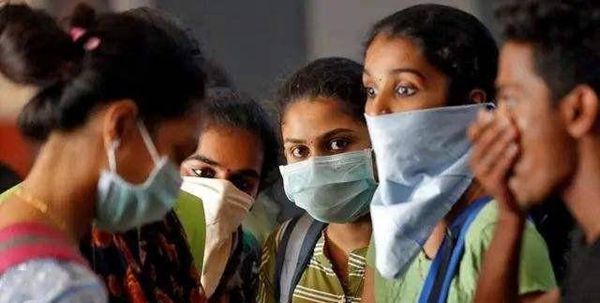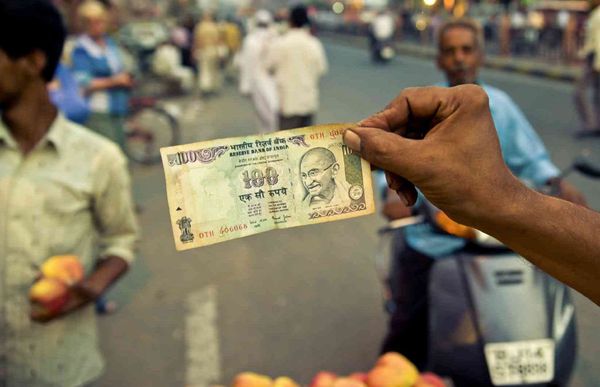India's economy faced challenges in the first half of this year due to a sharp rebound in COVID-19. Analysts believe that India's economic performance in the second half of the year will largely depend on the containment of the epidemic and the trend of inflation.
In the fourth quarter of last year, personal consumption in India saw a retaliatory increase as COVID-19 control measures were phased out and the traditional holiday season began in October. Both private consumption and government public spending rose sharply in the quarter, a key factor in India's return to growth. India's economy grew 0.4 per cent in the fourth quarter of 2020 from a year earlier, ending two consecutive quarters of negative growth.
India's economic recovery continued into the first quarter of this year. The data showed that the economy grew by 1.6% in the first quarter from a year earlier. Finance Minister Nirmala Sitharaman had said at the time that India's economy had successfully achieved a v-shaped recovery.

But the second wave of the outbreak has put a question mark over India's prospects for economic recovery. The number of confirmed COVID-19 cases in India hit a record high in April. Lockdown measures in some of India's major economic cities to contain the outbreak have adversely affected economic activity. Economic data for the second quarter of this year will be released at the end of August, and some analysts believe the recovery could slow in the second quarter.
The Asian Development Bank (ADB) on Thursday lowered its economic growth forecast for India this fiscal year (April 2021 to March 2022) to 10 percent from the 11 percent it forecast in April. The adb said the downgrade reflected the broader impact of the second wave on the Indian economy. Several Indian states imposed strict lockdown measures in April and May, hampering economic activity.
Experts believe that in the near term, the main factors affecting India's economic recovery include inflationary pressures and the possibility of a third wave of COVID-19.
Studies have predicted a third wave of outbreaks in India if no effective response is taken. This will lead to conservative consumer activity. If a third wave occurs, India's economic recovery will face a negative impact.
Rising food and fuel costs pushed inflation above 6 per cent in Both May and June, above the central bank's 6 per cent inflation ceiling for the second consecutive month, data showed. The central bank expects prices to remain high in the coming months.

India's central bank is likely to raise interest rates in the next few quarters as rising prices of daily necessities such as milk and gas are putting more pressure on consumers already hit by the pandemic.
In addition, lingering fears over the outbreak have led to weak demand. In the face of sluggish demand, India's rapid economic recovery lacks strong support and momentum, and faces many challenges ahead.

